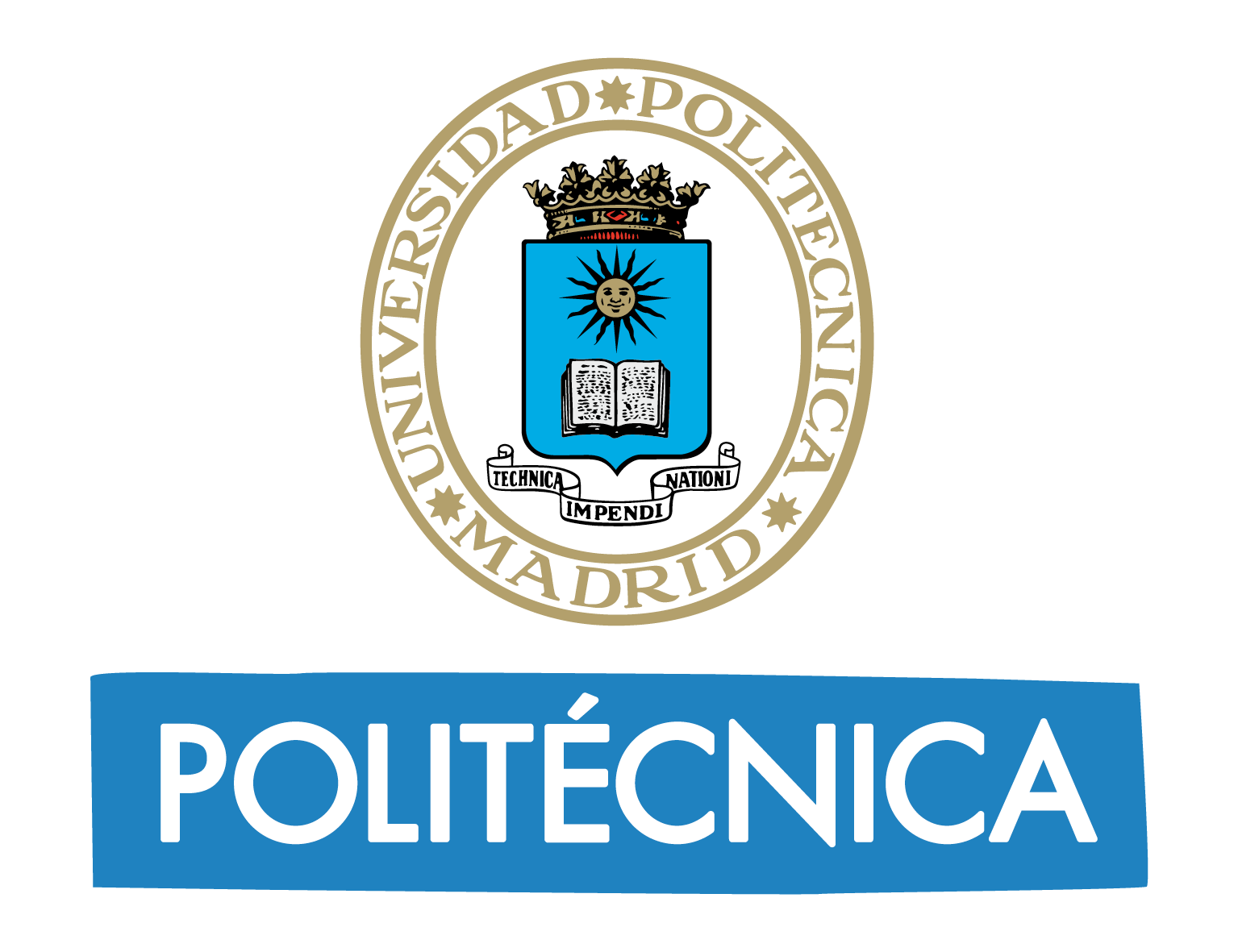Uses and Management of Water Resources in the Natural Environment
| Centre | E.T.S.I. MONTES, FORESTAL Y MEDIO NATUR. |
|---|---|
| Official Degree | Uses and Management of Water Resources in the Natural Environment |
| Web | https://web.montes.upm.es/?page_id=4886 |
| Area | Agroforestry and Environmental Engineering |
| Modality | On-campus education |
| Credits | 60 ECTS |
| Languages | Spanish |
| Orientation | Professional |
| Places | 30 |
| Contact | José Carlos Robredo Sánchez 910671616 josecarlos.robredo@upm.es |
| Presentation | This Master’s Degree aims at meeting the increasing demand for specialists in the management of the water resources in the natural environment. In the last decades, due to the rising urban, industrial and agricultural water consumption, a new social demand for the ecological quality of the ecosystems where water becomes essential has emerged. This social demand has been taken into consideration by the Water Framework Directive and the Water Law, which prescribe that the water resources can be used as long as the ecological quality of all the water bodies in the natural environment is guaranteed. Due to the obligation, now regulated, of developing River Basin Management Plans for the sustainable management of water and the ecosystems related, it becomes necessary to have professionals for the design, implementation and monitoring of these plans. These professionals have to be trained to:
The Master’s Degree is organized in two semesters which in all are equivalent to 60 ECTS. The first semester contains 3 modules of formal face-to-face learning:
The second semester, which has a highly practical content, includes:
|
| Interuniversity | No |


